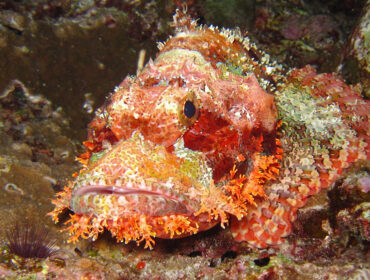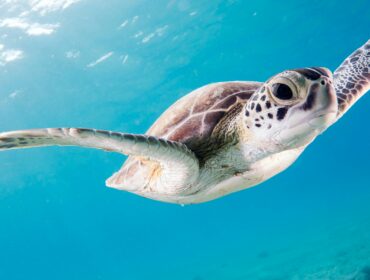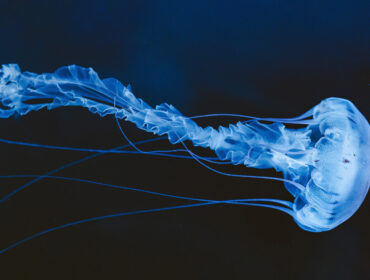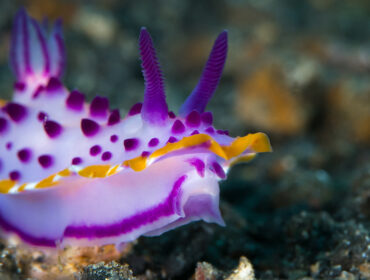As divers and ocean lovers, we hear a lot about how plankton is essential to the health of our oceans, as it is a fundamental part of the food chain without which very little would survive. While that certainly does assign great importance to this ubiquitous oceanic substance, it helps people to understand precisely what that means if we break it down a little and tell you: what is plankton?
Plankton is a conglomeration of drifting organisms incapable of swimming against the current. Plankton comprises microanimals, algae, bacteria, protists, and other micro-celled organisms. Surprising as it may seem, these organisms provide subsistence for many of the ocean’s enormous creatures and the smallest, including whale sharks and manta rays, both species seemingly too massive to bother with a diminutive food source like plankton.
But plankton isn’t solely comprised of microscopic or otherwise tiny organisms. Marine creatures like jellies can be classified as plankton because they inhabit the water column and have limited ability to control their locomotion, making themselves prime targets for quick-moving marine animals like sea turtles and seals.

There are three basic groups of plankton:
- Phytoplankton: comprised of plant matter that needs photosynthesis to survive
- Zooplankton: comprised of animals that feed on phytoplankton, including eggs and larvae of fish, crustaceans, and annelids
- Bacterioplankton is comprised primarily of bacteria, which help to remineralize organic material as it sinks into the water column.
Plankton doesn’t just exist in ocean environments; it can be found in virtually any water body on the surface of the Earth. How and when it flourishes depends heavily upon the season and the availability of sunlight in both the vertical and horizontal spectrum. Plankton ecosystems are driven directly by sunlight, which means seasons, water temperatures, and geographical regions directly affect their production.
Because plankton provides the primary food source for many fish larvae, its importance in the marine ecosystem should never be underestimated. Many fish species rely on them solely to survive, and their role in the food chain is directly connected to the performance of other ecosystems, even those on land.
Although many natural factors can affect the ebb and flow in our waterways, human activities can have a straightforward and disastrous effect on them, which should encourage us to strive to promote, rather than destroy, these essential components of life.




